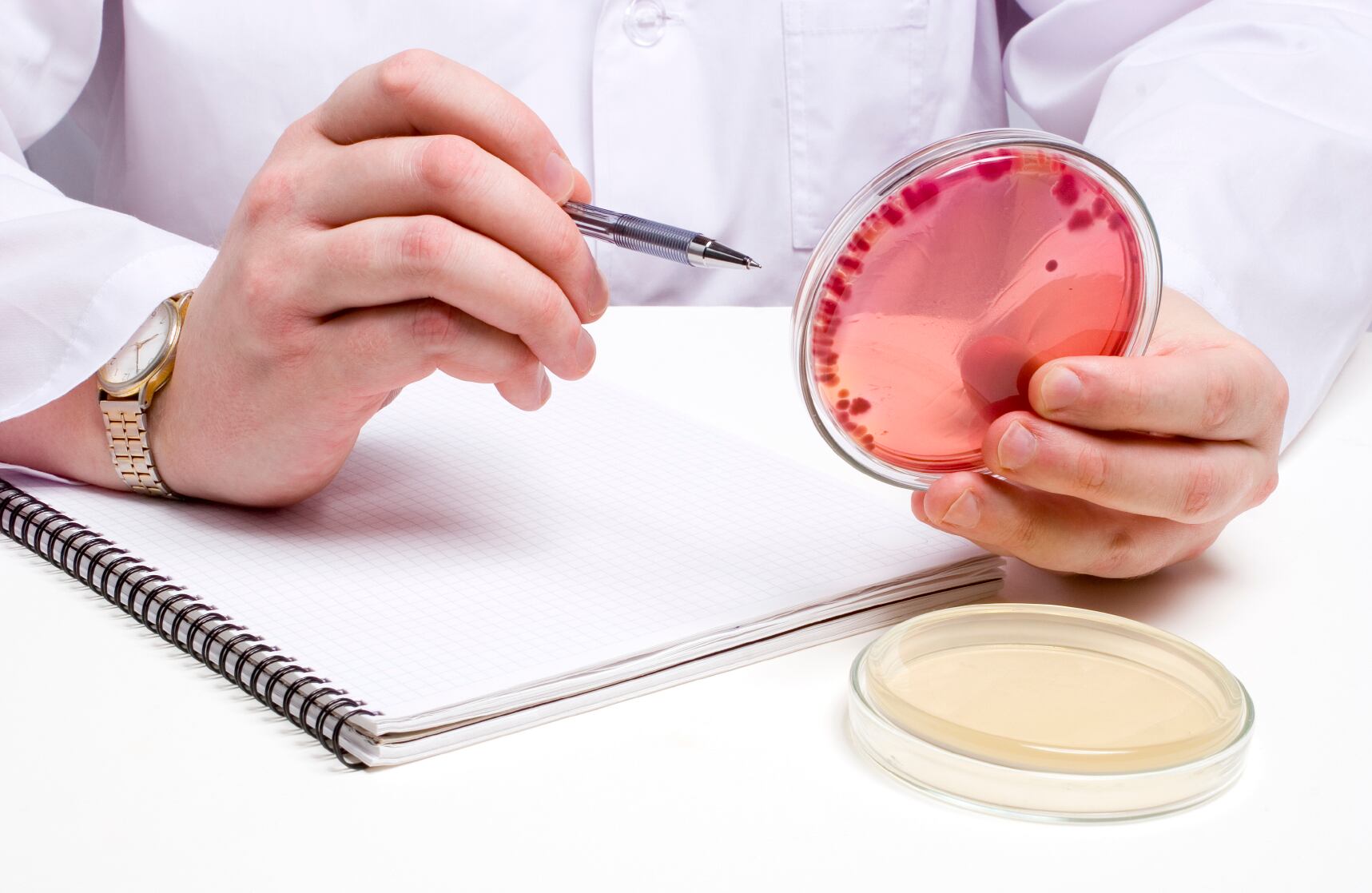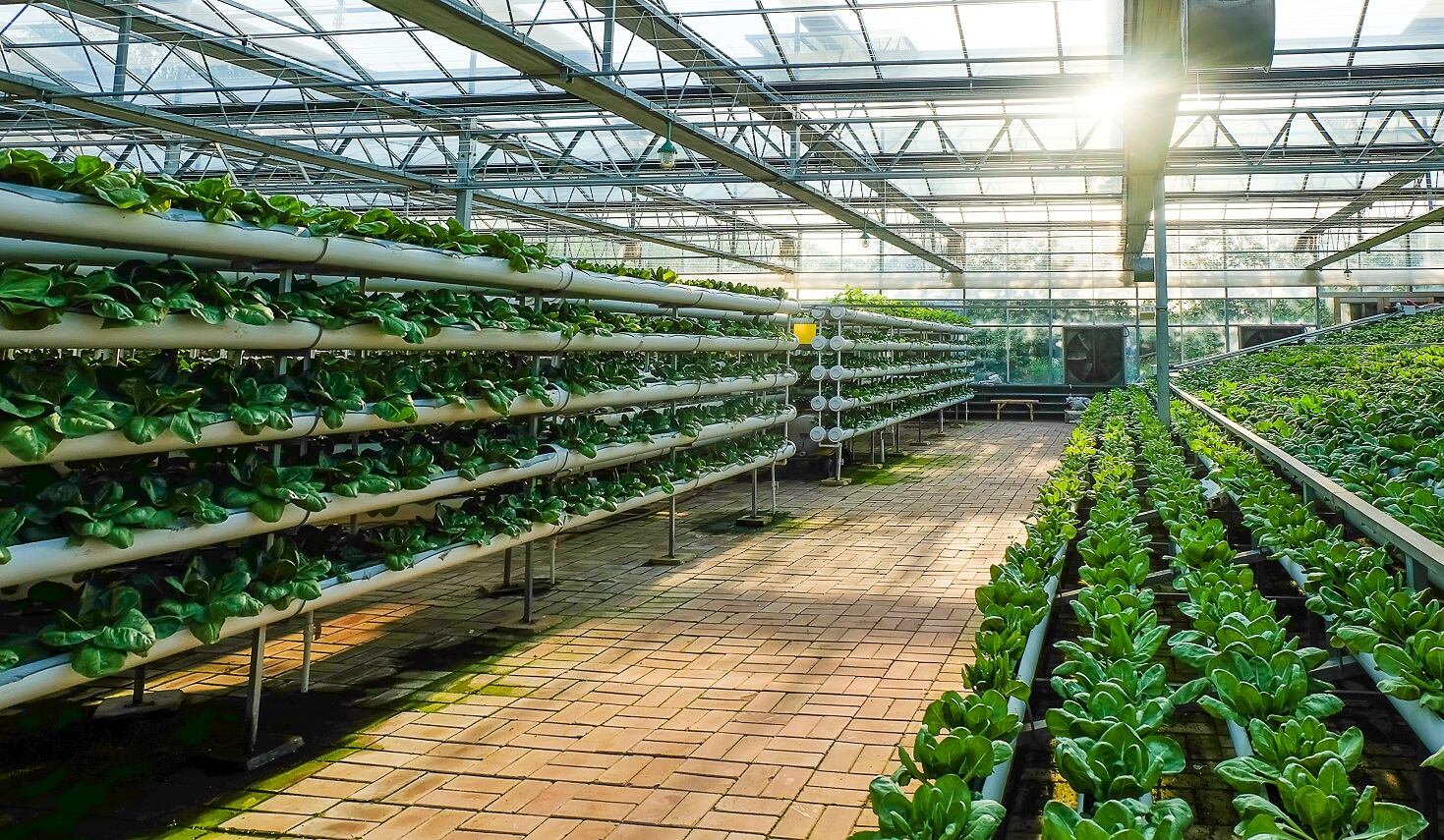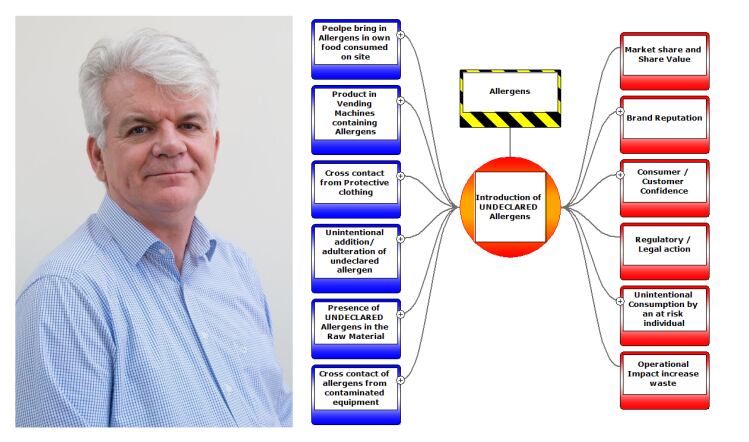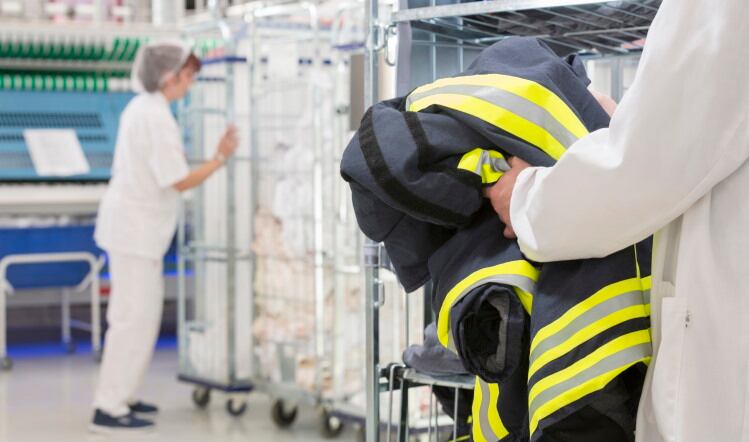Campden BRI is looking for partners to help with research to assess the impact of COVID-19 on factory hygiene and ultimately help businesses develop more efficient procedures.
The group’s research will look to compare factory swab results from hundreds of different businesses to identify patterns in microbiological data to improve hygiene practices to produce safer products.
Researchers will analyse microbiological data submitted by participating businesses and compare it with survey responses to identify any patterns or correlations that could help build more efficient and targeted hygiene procedures.
Lack of guidance
As project lead and Campden BRI senior microbiologist Greg Jones explained, the sudden spread of COVID-19 and the lack of guidance for such an unexpected scenario meant best practice for handling the situation – especially when it came to hygiene, cleaning and food safety – varied wildly from factory to factory.
“This inadvertently set the scene for the single greatest industry-wide experiment into factory hygiene ever conducted,” he added. “For the first time, we can use the factory swab data generated from hundreds of different food factories to compare the impact of different hygiene approaches on factory microflora.
“We could draw countless conclusions from this data, but what we’re most excited about identifying is the effectiveness of specific approaches on specific food pathogens.”
The research will draw its conclusion based on two set of microbiological data – Listeria and total viable counts (TVCs). For example, comparing data generated pre- and post-pandemic from a number of factories might reveal a particular cleaning method that is effective against a food pathogen such as Listeria monocytogenes.
Comparing COVID-19 responses
Approaches adopted to prevent the spread of coronavirus will also be examined and how they compare with each other.
Many food businesses put in place barriers, yet it has not been determined whether this had an impact on a factory’s microflora by, for example, making it more difficult to clean certain areas.
Roy Betts, a fellow at Campden BRI, said: “Every challenge has a silver lining and interventions put in place due to the pandemic provides a golden opportunity to collate data that will allow participants to benchmark themselves against other anonymous participants to get an understanding of whether their factory hygiene is in line with others.”
The research will begin in October and initially run for a year. Participating businesses from across the food and drink sector will be required to provide their microbiological factory swab data – which will be kept confidential – and complete a short survey.
Any companies wanting to take part in the research should call Greg Jones on +44(0)1386 842143 or email him at greg.jones@campdenbri.co.uk





